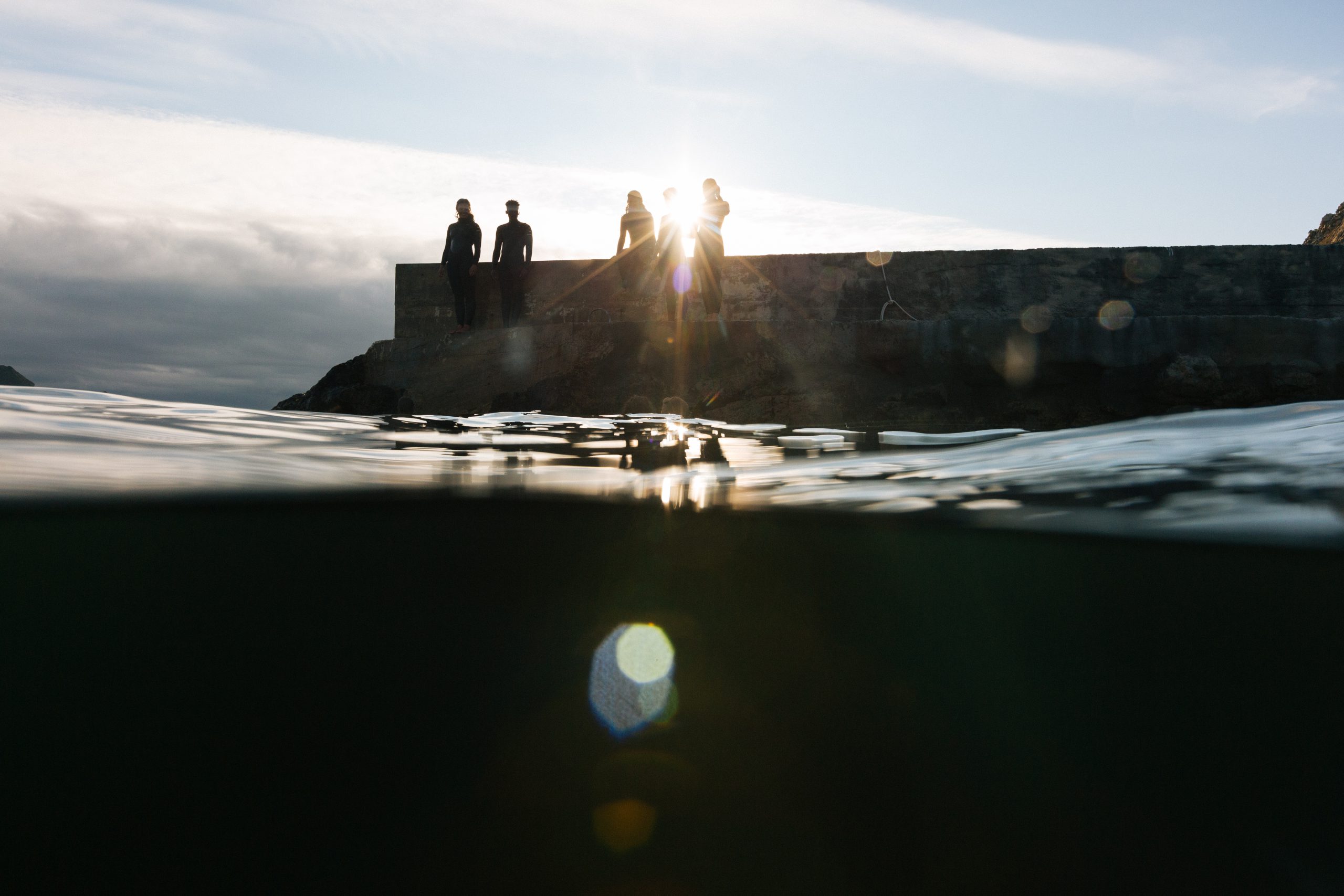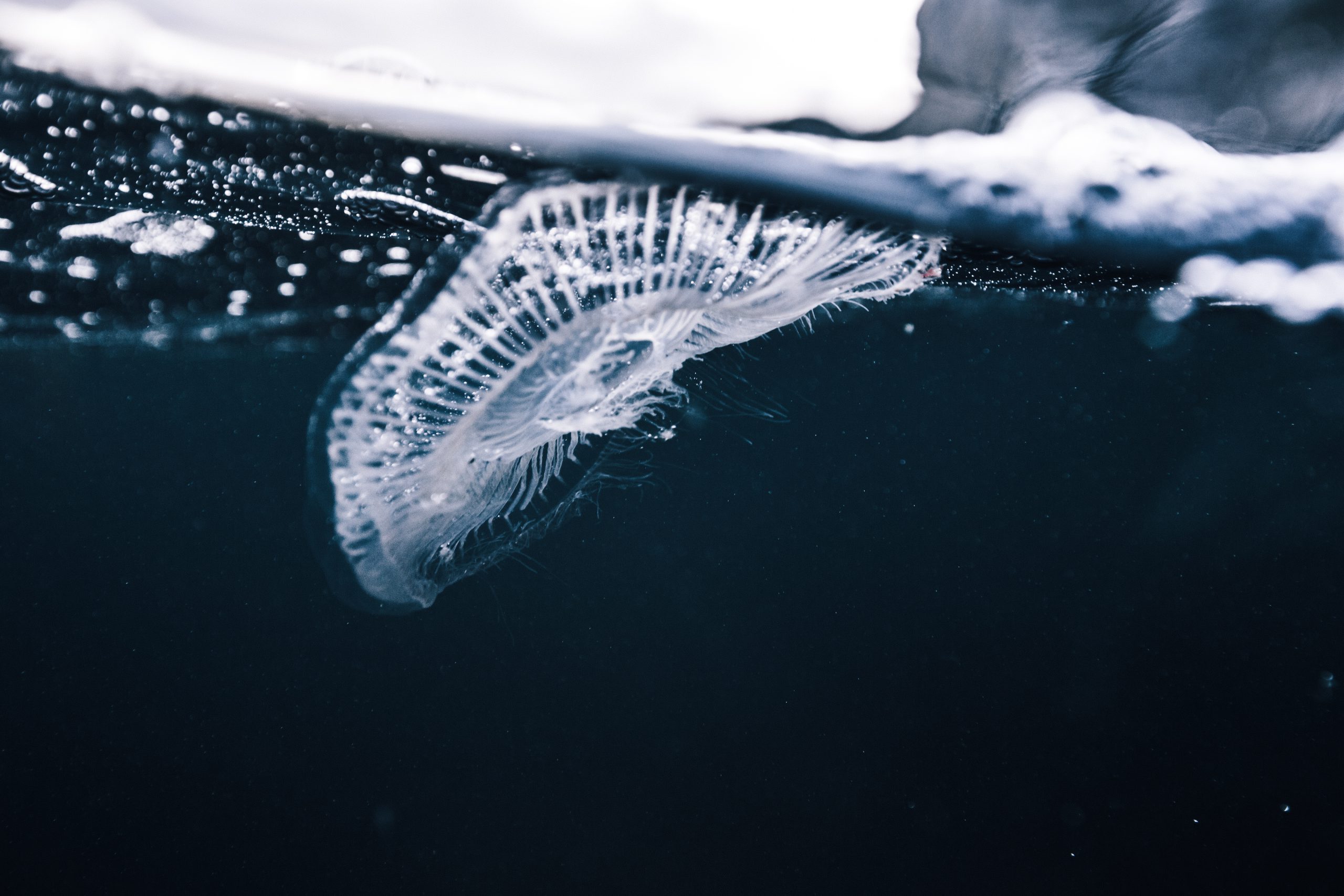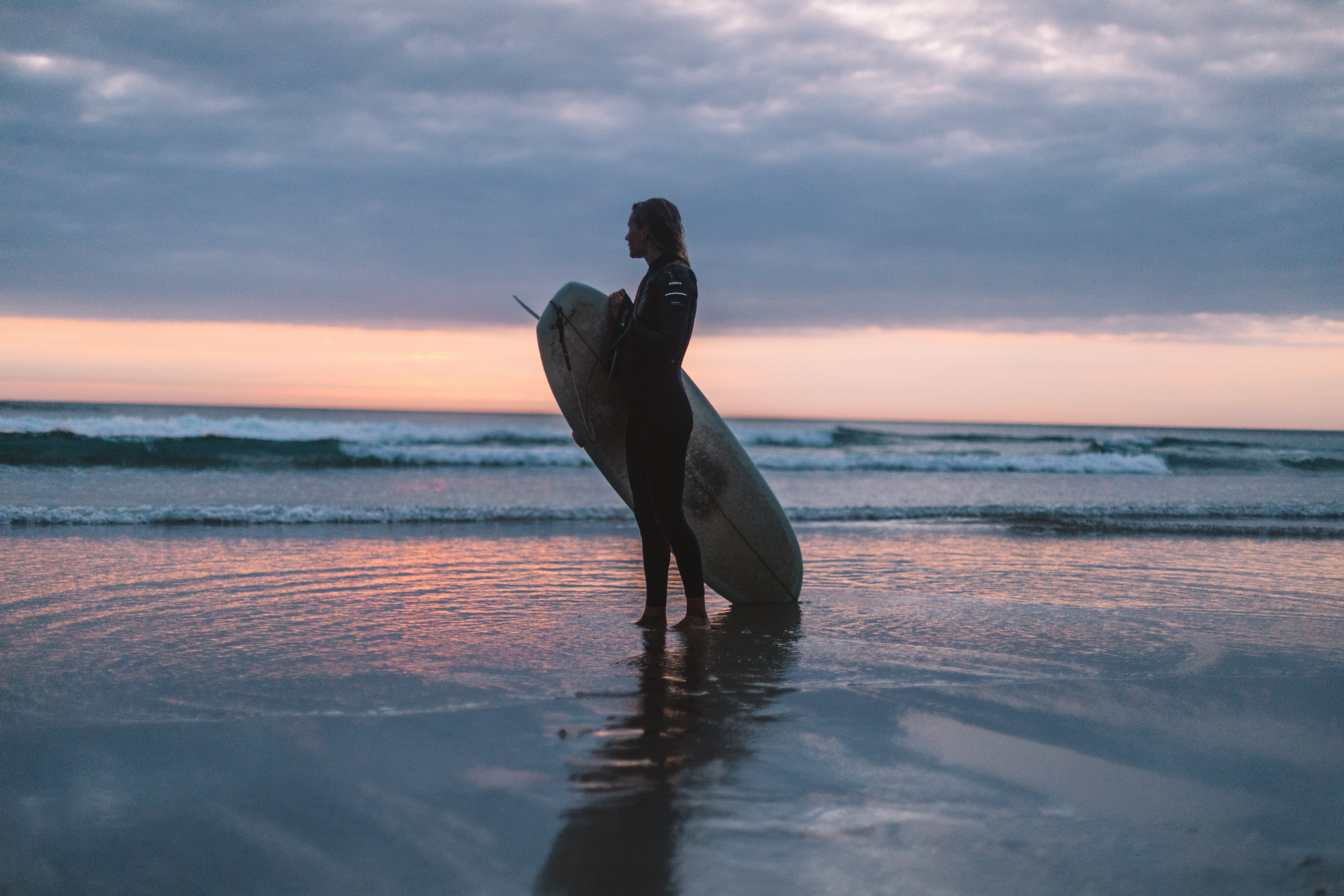It’s not too late to save our oceans – find out how you can make a difference today
Words Jessica Reid
While world leaders travelled to Cornwall for the G7 summit, marine experts, scientists and policy makers gathered together for important discussions of their own. Sea 7, an online ocean activist training camp ran by Finisterre, focused on the significant health issues facing our oceans today. Touching on topics including plastic pollution, decaying habitats and overfishing, speakers at the event all reiterated the same key messages. Here, we highlight the facts you need to know about protecting our oceans.

Is it too late to save our oceans?
The health of the ocean can impact the world in many ways, from the climate and the environment to our livelihoods. ‘We have a window of time’ says environment journalist Swati Thiyagarajan, who is also an associate producer of Netflix’s award-winning show ‘My Octopus Teacher’. She appeared on a panel discussing the importance of thriving eco-systems which will help prevent global warming. ‘This decade for me, personally, is the most crucial decade we have as humanity in human history.’
Dr Richard Lilley of Project Seagrass joined Swati in the conversation. ‘This next decade, everyone needs to play their part. Once we are empowered to do our bit and take part in that process of restoration, that's what is going to make the difference in the next 10 years.’
This sense of urgency was reflected in other conversations throughout the evening, including with Surfers Against Sewage (SAS) founder Hugo Tagholm saying ‘we need to act quickly’.
Can we improve ocean health?
It can seem quite daunting knowing that immediate action needs to take place, but there was a strong feeling of hope and belief that it is possible for us to make a difference.
‘It’s about being brave, stepping up and doing things you’ve never done before. It’s about being hopeful and positive you can make a difference’, said event organiser Tom Kay of Finisterre.
This was echoed throughout the conversations, with panellist’s discussing the ways we can make the ocean healthier again. After stating that at least 50% of seagrass, ‘the powerhouse of the sea’, has been lost around the UK coast, Dr Lilley said that ‘we can put nature back’ and be part of a #genorationrestoration.

How do you become an ocean activist?
The main theme behind the event was to inspire people to become an ocean activist. Whether you live in the city or by the sea, anyone can help to make a difference.
Jo Morley of City and Sea, a Bristol-founded organisation tackling plastic pollution strives to make it possible for people to live with less plastic. Her suggestion for people to take action included doing a plastic audit of their bins, taking note of what is thrown away each week and working out what items can be swapped for more sustainable options. ‘We need to normalise a change of behaviour – so that we will be able to see that shift and show brands and businesses that the demand is there.’
Inka Cresswell, wildlife filmmaker spoke about how we need to use our talents and work collaboratively to spread the word on activism. ‘There are so many ways we can work together to allow our activism to go so much further. One person is not going to change the ocean, it’s going to take all of us working very closely together’
She spoke with George Clark of the Marine Stewardship Council, who said that people who are wanting to make a difference and live a sustainable lifestyle should ‘seek to learn more and use good information to inform decision making, because the consumers drive decisions at the end of the day.’
How can the government protect our oceans?
Although our work starts in our communities, speakers at Sea 7 did agree it is the government’s decisions which will make the biggest impact. Adding more marine protected areas (MPAs), placing pollution as a higher priority in policies and providing more funding for rewilding of the seas were just a few suggestions made throughout the event.
Surfers Against Sewage have asked for everyone to sign their petition and ask for the government to ‘put the ocean at the front and centre of climate discussions at the G7 summit.’
But how the government make decisions is heavily influenced by our demand. ‘Writing to your local politician is deeply underrated’ Says Prof. Callum Roberts of Exeter University, on a panel discussing MPAs. ‘In fact it’s essential to do that as they act on the basis of what they think their constituents are interested in’
Hugo from SAS also said: ‘I’m really hopeful in this decade, the talk of restoring nature, the boom of renewable energy. Swimming, surfing being in the sea, we’re really privileged to do what we do, and we need to take that inspiration and challenge from the bottom up, but also the top down. We need to politicians to make the right decisions, but it will be a movement of people that encourages the government to do that.’

How can we encourage people to care about the ocean?
It’s thought that if 3.5% of a population are involved in a movement, this number is big enough to influence change. But how do we encourage more people to care about the marine environment? Helping people feel a connection to the ocean is crucial. ‘One of the big drivers at sea change is around why you need to conserve something, why it needs to be saved,’ said Swati: ‘In my years of experience, I realised that ultimately what you need is a heart connection. You need to feel the eco-system is important to you’.
But what about those living in urban settings? Nick Hounsfield, founder of The Wave, and inland tidal pool where people can learn to surf, also noted this importance of connection when discussing blue health benefits and wants to dedicate his time to making water more accessible and affordable for everyone. ‘I have realised that during the pandemic that people really missed water and were in a bad space because of that lack of connection. They come to the Wave and it’s like a sanctuary for them.’
Nick also noted the importance of language use. ‘You’re starting to have those conversations with people for their first time, and this is the next generation of activists, so we need to make sure it’s not too wordy, the language in accessible for everyone and making sure it is a language that is emotion based so there is a profound connection.’
For more stories on protecting our oceans, head to our Marine Conservation section, or pick up a copy of the magazine










